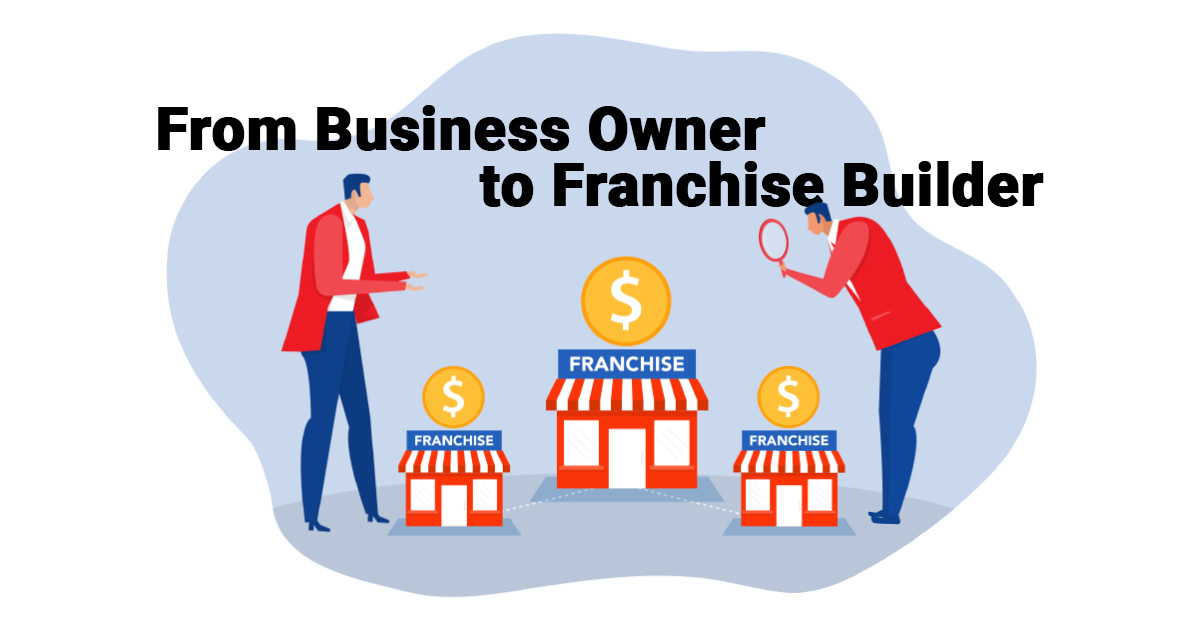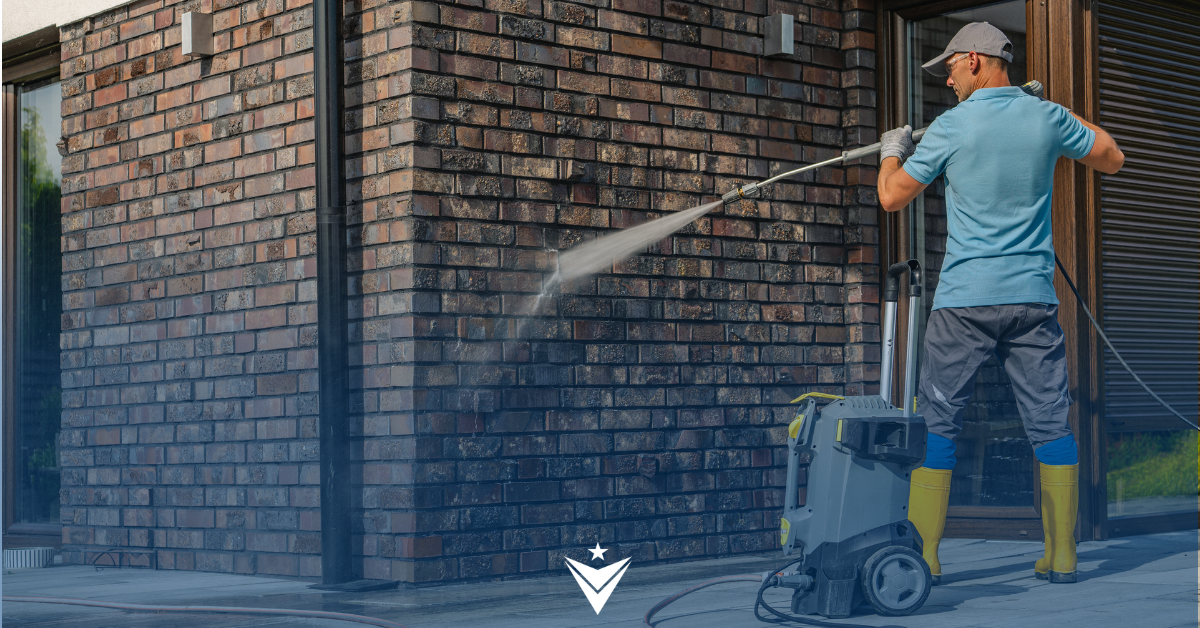You’ve already proven you can lead people, manage chaos and get results. Starting a business after the military is one thing—turning it into a franchise is another level. That’s where a lot of veterans hit the wall. The good news? You don’t have to figure it out blind.
The Playbook for Converting to a Franchise
If you launch a business and it gains traction, there are structured ways to replicate it. Here’s the tactical breakdown:
- Franchise Development Firms – These are the advisors who help you blueprint your operation into something repeatable. Think of them as your staff planners. They’ll pressure-test your model, build training systems, and make sure it can scale without you in the room.
- Franchise Attorneys – You’ll need legal firepower. The Franchise Disclosure Document (FDD) is non-negotiable. An experienced franchise lawyer keeps you compliant while protecting your six.
- Financing Programs – The SBA has specific programs (including the SBA 7(a) loan) that support franchise expansion. There are also veteran-focused lenders who understand both your background and the franchise game.
- Military-Friendly Franchise Networks – This is the community you actually want to plug into. Other veteran founders and operators will save you years of mistakes by sharing what worked—and what burned them.
Bottom line: you’re not just creating jobs, you’re building a repeatable machine. That’s the difference between being self-employed and being a franchisor.
“Franchising isn’t just growth—it’s duplication with discipline. That’s a veteran’s sweet spot.”
Your Next Step
If you’re serious about testing whether your business—or franchise ownership itself—is the right move, don’t sit in the dark. Take the Military Friendly® Franchise Fit Assessment or book a Discovery Call. You’ll walk away knowing if your path has legs and what resources are already in place to back you.






